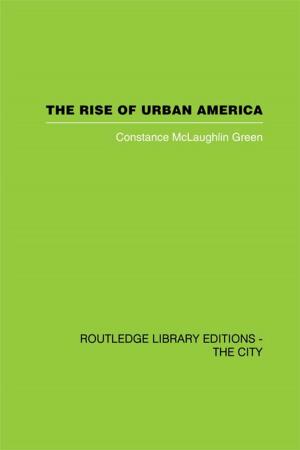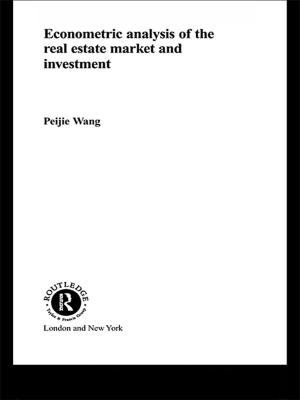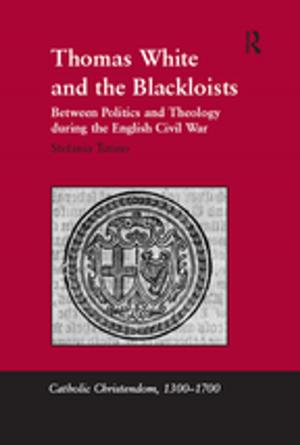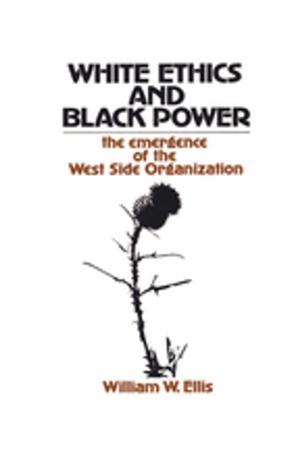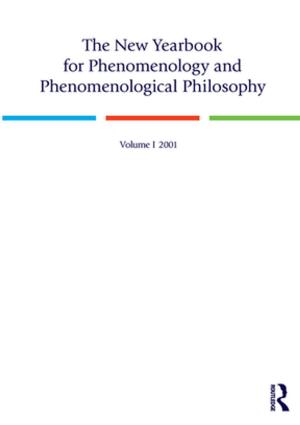| Author: | ISBN: | 9781351601047 | |
| Publisher: | Taylor and Francis | Publication: | May 17, 2019 |
| Imprint: | Routledge | Language: | English |
| Author: | |
| ISBN: | 9781351601047 |
| Publisher: | Taylor and Francis |
| Publication: | May 17, 2019 |
| Imprint: | Routledge |
| Language: | English |
This book seeks to investigate how the pedagogic space of schools and classrooms has been defined by the UK government’s counter-terrorism ‘Prevent’ strategy, most notably through the requirement on teachers not to undermine ‘fundamental British values’ as part of the Teachers Professional Standards. The term ‘fundamental British values’ migrated from Prevent to the statutory framework that regulates teacher professionalism and has effectively securitized education practice. The Prevent strategy was conceived in response to the 7/7 bombings in London by so-called ‘home-grown’ Muslim terrorists. The need for teachers to promote British values is an attempt to forge a cohesive British identity among young citizens within a multiracial, multicultural and multilingual society. However, as the chapters in this book illustrate, the state project to harness education to engender belonging – or as some would argue, civic nationalism – whilst simultaneously undertaking surveillance of children and young people from the Muslim community for signs of radicalization, has led to the perception of a hierarchy of citizens or, conversely, ‘insider-outsider’ citizens.
The imperative to promote, and not undermine, fundamental British values has, in some instances, transformed the safe space of the classroom where children and young people’s right to explore their perceptions of current affairs, citizenship and belonging has been curtailed for fear of surveillance by teachers who may interpret their utterances as either undermining British values or to be signs of radicalization. This book explores these dilemmas for teachers and the implications for their professionalism, and examines how racist nativism has pervaded society, educational policy and practice through the promotion of a Britishness perceived by many as a raced, classed and exclusionary discourse. This book was originally published as a special issue of the Journal of Education for Teaching.
This book seeks to investigate how the pedagogic space of schools and classrooms has been defined by the UK government’s counter-terrorism ‘Prevent’ strategy, most notably through the requirement on teachers not to undermine ‘fundamental British values’ as part of the Teachers Professional Standards. The term ‘fundamental British values’ migrated from Prevent to the statutory framework that regulates teacher professionalism and has effectively securitized education practice. The Prevent strategy was conceived in response to the 7/7 bombings in London by so-called ‘home-grown’ Muslim terrorists. The need for teachers to promote British values is an attempt to forge a cohesive British identity among young citizens within a multiracial, multicultural and multilingual society. However, as the chapters in this book illustrate, the state project to harness education to engender belonging – or as some would argue, civic nationalism – whilst simultaneously undertaking surveillance of children and young people from the Muslim community for signs of radicalization, has led to the perception of a hierarchy of citizens or, conversely, ‘insider-outsider’ citizens.
The imperative to promote, and not undermine, fundamental British values has, in some instances, transformed the safe space of the classroom where children and young people’s right to explore their perceptions of current affairs, citizenship and belonging has been curtailed for fear of surveillance by teachers who may interpret their utterances as either undermining British values or to be signs of radicalization. This book explores these dilemmas for teachers and the implications for their professionalism, and examines how racist nativism has pervaded society, educational policy and practice through the promotion of a Britishness perceived by many as a raced, classed and exclusionary discourse. This book was originally published as a special issue of the Journal of Education for Teaching.

